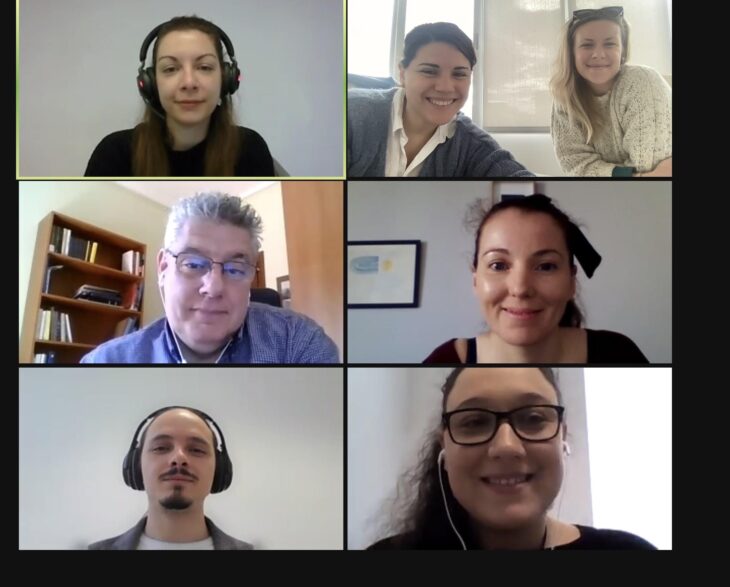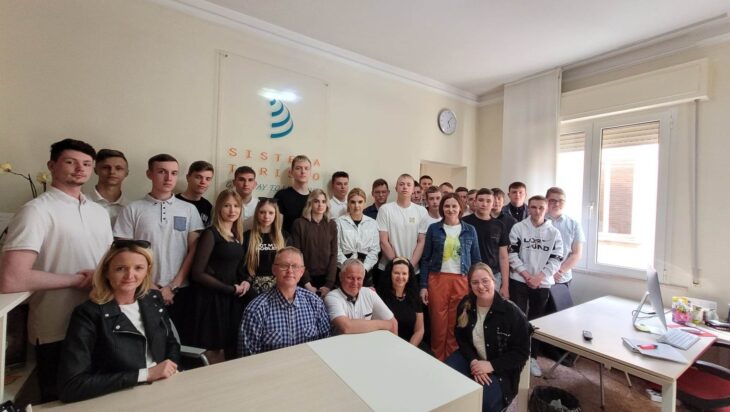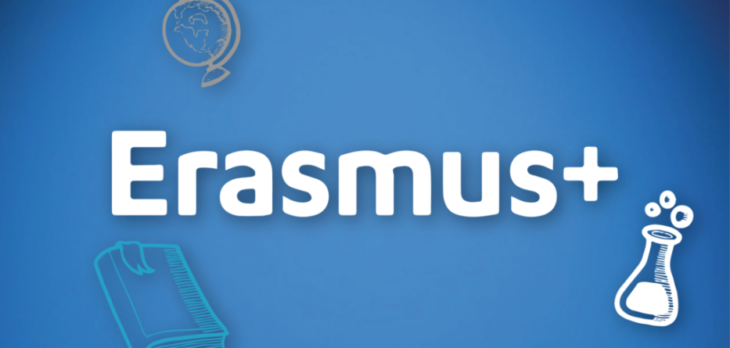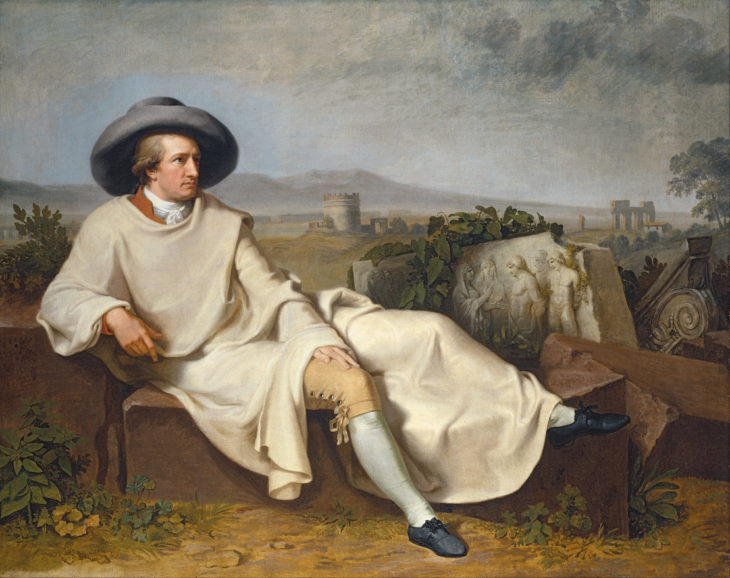In 2014, the European Commission published the Erasmus Impact Study, a study carried out by experts in which it states that studying abroad ensures the acquisition of the famous soft skills. The study was conducted on eighty thousand people including students, educational institutions and business leaders and looks at the relationships between international mobility, employment of graduates and the development of certain skills.
The noun “competence” is derived from the verb “to compete”. The latter, of Latin origin (cum-petere), stands for the action of converging at the same point.
Transversal competencies or soft skills represent knowledge, skills and personal qualities that characterize each person’s way of being.
This is precisely why they are called “transversal,” because they do not refer to technical areas or subject-specific knowledge, but call into question all those aspects of personality and knowledge that everyone uses on a daily basis in different contexts.
Soft skills are a range of basic cognitive, emotional and interpersonal soft skills that, as WHO points out, “lead to positive and adaptive behaviors that enable the individual to cope effectively with the demands and challenges of everyday life.” Soft skills have a very wide range, intervening across every area of our personal, social, professional lives , affecting individual fulfillment, interactions and relationships, performance and job satisfaction.
The Council of the European Union on May 22, 2018 adopted a new Recommendation on Competencies for Lifelong Learning, replacing the 2006 Recommendation.
The updated version aims to improve the development of key competencies for people of all ages throughout their lives by providing guidance to member states on how to achieve this goal.
These competencies are identified with reference to eight domains:
– functional literacy competence;
– multilingual competence;
– mathematical competence and competence in science, technology and engineering;
– digital competence;
– personal, social and learning-to-learn competence;
– citizenship competence;
– entrepreneurial competence;
– competence in cultural awareness and expression.
These competencies pertain to cognitive, achievement, managerial, relational and communicative domains.
They are developed from a lifelong learning perspective, from early childhood to all adult life, through formal, nonformal and informal learning in all contexts, including family, School, workplace, neighborhood and other communities. Cross-cutting skills can be applied in many different contexts and in different combinations; they overlap and are interconnected: aspects essential to one area foster skills in another. Elements such as critical thinking, problem solving, teamwork, communication and negotiation skills, analytical skills, creativity, and cross-cultural skills underlie all of the key competencies.
The text of the Recommendation, for each of the eight competencies, offers an articulate description that, starting with an initial definition, goes on to describe “Essential Knowledge, Skills and Attitudes.”
The last part of the European document is devoted to measures to support the development of key competencies. As these consist of a dynamic combination of knowledge, skills and attitudes to be developed by the learner throughout his or her life, opportunities for development can arise in all educational, training and learning contexts throughout life.
In the next few articles we will deepen this last part of the document to see in practice what are the actions that Erasmus+ can implement to promote the development of soft skills and improve the training of new generations.
Written by Federico Summa



















